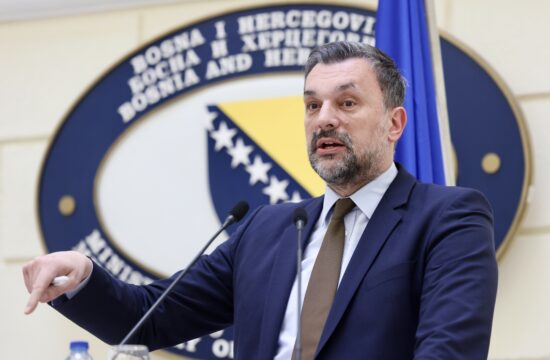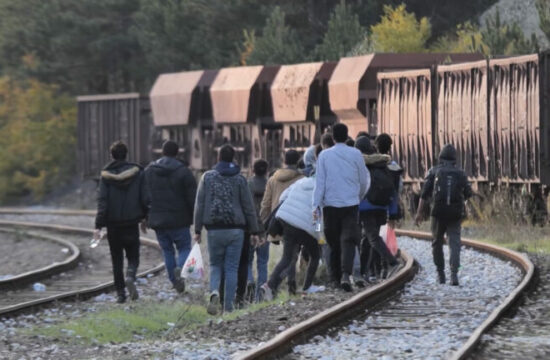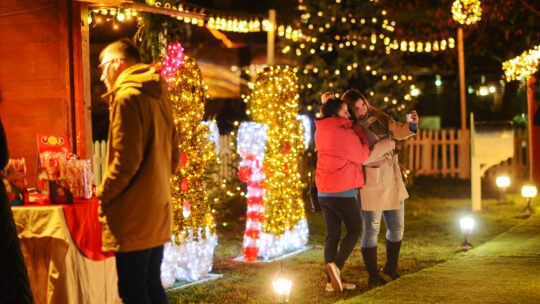
The adoption of the State Energy Strategy means nothing without the adoption of energy laws, European Energy Community Secretariate Manager Janez Kopac told N1, after Bosnia’s Council of Ministers adopted the said strategy, Wednesday. Symbolically it is a good sign, but it will not lead to investments, he said.
“There won’t be any investments without the legal security, which requires laws. This primarily means the state-level Law on Electricity and Gas Markets,” Kopac said. “This law was fully harmonised but when it came to its adoption it was first blocked by the Republika Srpska (RS) entity and then by the Federation of Bosnia and Herzegovina (FBiH) entity.”
Bosnia and Herzegovina consists of two semi-autonomous entities, the FBiH which is dominated by Bosniaks and Croats, and the RS, dominated by Serbs, and the Brcko District, not dominated by any of the three constituent peoples.
Bosnia's Council of Ministers adopted the State Energy Strategy, Wednesday, after 10 years of negotiations. Then they triumphantly said that this strategy opens the doors to funds from the EU’s Instrument for Pre-Accession Assistance (IPA) worth EUR hundreds of millions.
Kopac, on the other hand, said the adoption is only a symbolic step forward, but that many things are still missing.
“The gas market, for example; the FBiH doesn’t even have a law regulating this field. It has a gas market but consumers that are completely unprotected. The BH Gas company (state’s main gas importer) is not interested in resolving this issue,” Kopac noted. “The other example is electricity. The RS still regulates electricity production prices. This practice only exists in Ukraine and the RS. Such regulation always has a political background.”
Bosnia’s Foreign Trade Minister Mirko Sarovic also said that Bosnia needs modern laws.
“It's possible to adopt new laws if we were to change the existing law on the transfer of market electricity. There are some regulations on gas, as well. We agreed that the state level electricity regulator should contain a department related to gas and that tariffs and everything else will be regulated at the entity level, but there are still some details that were not fully adopted,” Sarovic said.
But experts warn that laws are not the only problem. The authorities are pushing for thermal power plants (TPP) rather than renewable energy sources and energy savings through energy efficiency, which is contrary to Bosnia’s international obligations and the Paris Agreement on climate change.
“Apart from Tuzla TPP’s Bloc 7, the Strategy contains the TPP Gacko 2, TPP Ugljevik, TPP Kangora and TPPs in Banovici and Sanski most,” energy expert Damir Miljevic told N1. “The entire Strategy is based on new coal-powered capacities. Only one part of the Strategy deals with Hydro-electric power plants (HPP) and there are just a few mentions of the wind and solar energy.”
When it comes to investments, only China and Russia are ready to invest in the so-called dirty technologies, while the European institutions mostly avoid such technologies which is yet another reason why Bosnia will need another strategy.




